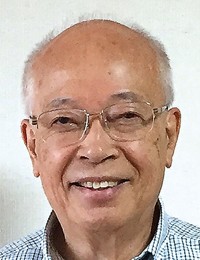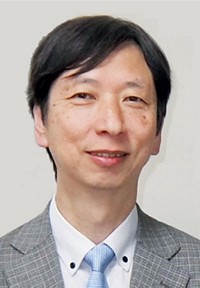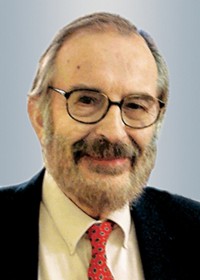Advertisement
Grab your lab coat. Let's get started
Welcome!
Welcome!
Create an account below to get 6 C&EN articles per month, receive newsletters and more - all free.
It seems this is your first time logging in online. Please enter the following information to continue.
As an ACS member you automatically get access to this site. All we need is few more details to create your reading experience.
Not you? Sign in with a different account.
Not you? Sign in with a different account.
ERROR 1
ERROR 1
ERROR 2
ERROR 2
ERROR 2
ERROR 2
ERROR 2
Password and Confirm password must match.
If you have an ACS member number, please enter it here so we can link this account to your membership. (optional)
ERROR 2
ACS values your privacy. By submitting your information, you are gaining access to C&EN and subscribing to our weekly newsletter. We use the information you provide to make your reading experience better, and we will never sell your data to third party members.
People
Frederic Stanley Kipping Award In Silicon Chemistry
by Jean-François Tremblay
February 6, 2012
| A version of this story appeared in
Volume 90, Issue 6
Sponsored by Dow Corning
The year 2011 was a bittersweet one for Mitsuo Kira. On the one hand, he learned in August that ACS was honoring him with the Frederic Stanley Kipping Award. But a few months earlier, in March, the department of chemistry at Sendai’s Tohoku University, where he is an emeritus professor, was rocked by the magnitude 9.0 Great East Japan Earthquake.
The earthquake, he tells C&EN, caused “terrible” damage inside the university’s main chemistry building. It took several months to rehabilitate Tohoku’s laboratories. “I am hoping that winning this award will encourage faculty members and students to continue the renovation, if only a little,” he tells C&EN. The labs are still under restoration and development, he adds.
Two of the most impressive achievements of Kira’s research career are the synthesis, isolation, and characterization of the first trisilaallene in 2003—later extended to the synthesis of trigermaallene—and the synthesis of the first stable dialkylsilylene in 1999, says Yitzhak Apeloig, a professor of chemistry at Technion—Israel Institute of Technology, in Haifa. Apeloig himself was the 2010 recipient of the Kipping Award, which is given every two years.
Kira’s trisilaallene paper in Nature received much attention. At the end of 2003, C&EN listed it as one of the inorganic chemistry highlights of the year (C&EN, Dec. 22, 2003, page 45).
The structure of trisilaallene is different from that of carbon allenes, Kira explains. “The Si–Si–Si skeleton is not linear but significantly bent, and hence, the hybridization of the central silicon should not be sp. The skeleton is fluxional even in the solid state at very low temperatures,” in contrast to the rigid linear framework of carbon allenes.
Kira and his research group’s discoveries have both stimulated further development of synthetic research in the field and encouraged experimental and theoretical studies to understand the bonding and structural differences between unsaturated compounds of carbon and of heavier group-14 elements.
Born in 1943, Kira studied synthetic chemistry at Kyoto University until he obtained a master of engineering in 1970. He then became an instructor at Tohoku and completed his D.Sc. there in 1974. Kira, who spent all of his career at Tohoku, was promoted to full professor in 1995. He became an emeritus professor when he formally retired from teaching in 2007.
In retirement, Kira has been far from inactive. He is a guest professor at Tohoku and at Hangzhou Normal University, in China, a school that hosts the Key Laboratory of Organosilicon Chemistry & Material Technology of China’s Ministry of Education. This summer, he presented a plenary lecture in Hamilton, Canada, at the 16th International Symposium on Silicon Chemistry. This past December, he spent a week in India as a plenary lecturer at a symposium on inorganic chemistry.
An author on 312 published papers, Kira has collected many prizes over the years. They include the Chemical Society of Japan Award, the Wacker Silicone Award, the Japanese Medal of Honor with Purple Ribbon, and the Award of the Society of Silicon Chemistry, in Japan.
Kira will present the award address at the U.S. Silicon Symposium.






Join the conversation
Contact the reporter
Submit a Letter to the Editor for publication
Engage with us on Twitter